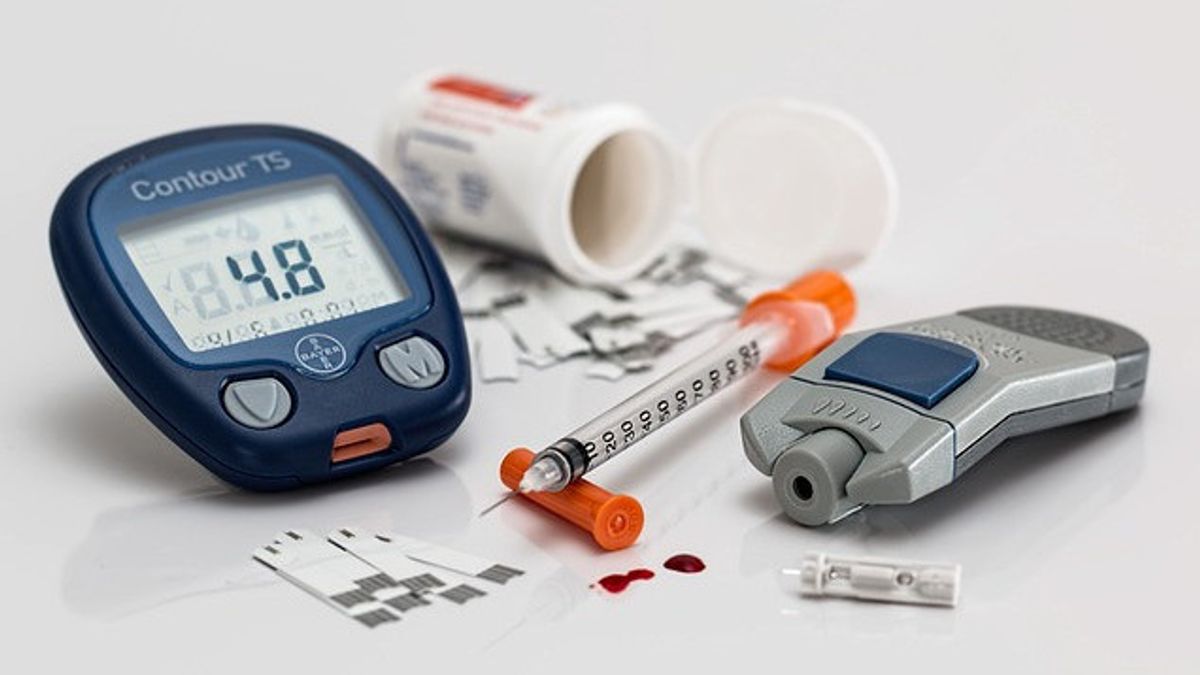JAKARTA – A number of scientists from Klick Labs are collaborating with teaching staff at Ontario Technological University to train machine learning Artificial Intelligence (AI) to detect type 2 diabetes just by recording the patient's voice.
The AI that the scientists trained was developed with voice recordings of 267 subjects from India. As a result, this AI can detect type 2 diabetes in just six to ten seconds.
Quoting from Dailymail, this AI model works by identifying 14 acoustic features to differentiate between individuals who suffer from type 2 diabetes and those who do not. With the acoustic features studied, this AI of course focuses on the patient's vocals.
Changes in the patient's vocal pitch and intensity that cannot be heard by the human ear will be paired with basic patient information such as age, gender, height, and weight.
The researchers conducted trials on 267 different patients with a total of 97 women and 170 men. Over the course of two weeks, these 267 participants will record phrases on their cellphones six times a day.
With 18,000 thousand recordings generated per individual, scientists from Klick Labs focused their attention on 14 acoustic features to look for consistent and repetitive vowels in groups of patients with and without diabetes.
Of the 14 features, 4 features in AI were proven to be able to predict accurately. They can detect male and female patients by the pitch and standard deviation of the pitch. The AI can also use relative average perturbation jitter, but this feature is only useful in women.
In addition, the intensity and magnitude of the 11-point amplitude perturbation are also AI detection features. However, men who are detected with this feature are certain to have danger signs which most likely refer to diabetes sufferers.
VOIR éGALEMENT:
Scientists who researched this project emphasized that age and body mass index (BMI) were important influences. If not included, the results may be inaccurate.
By creating an AI that detects type 2 diabetes with sound, Klick Labs scientists hope their findings can change the medical way of detecting diabetes. Detection using AI will also reduce patient costs.
Apart from reducing costs, face-to-face diagnostics also consume a lot of time because patients need to do blood tests, glycated hemoglobin (A1C) tests, fasting blood glucose tests (FBG), and oral glucose tolerance tests (PGTT).
Therefore, the AI that Klick Labs has developed is considered capable of eliminating all obstacles in carrying out diabetes screening on patients.
The English, Chinese, Japanese, Arabic, and French versions are automatically generated by the AI. So there may still be inaccuracies in translating, please always see Indonesian as our main language. (system supported by DigitalSiber.id)


















